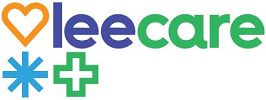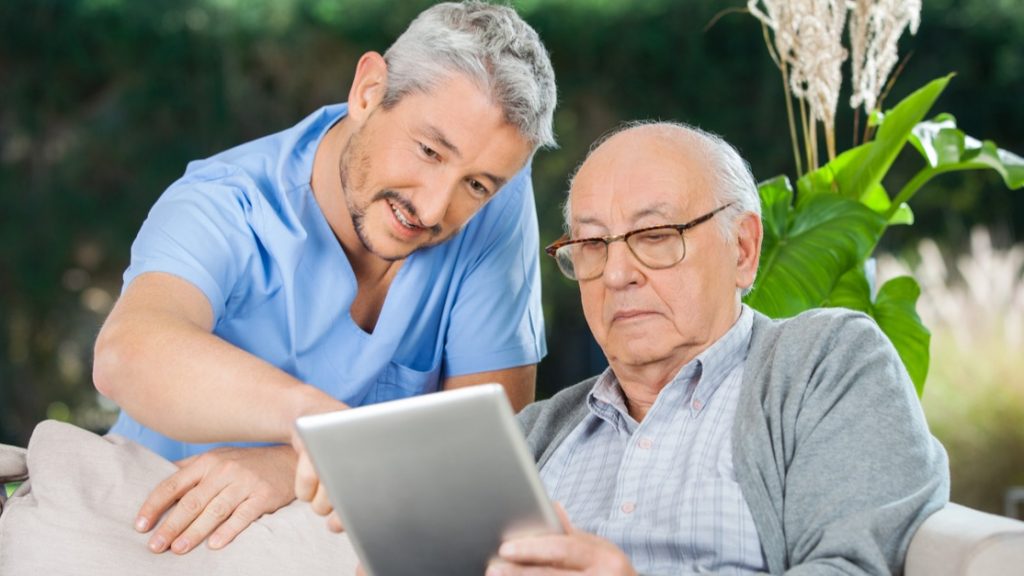How To Support Older People
-by Dr. Caroline Lee
Supporting older individuals to live their best lives is an outcome practically every aged care employee I have met over the previous 33 years working in aged care has wanted, whether they were a nurse, carer, cleaner, or kitchen area hand. Their ability to provide or control such was a function of their education, understanding, empathy, knowledge but most significantly, their position in the management hierarchy. Their wishes were regardless of the aged care standards, the requirements of funding validations or statements from the Royal Commission. Working out how best to support individuals who have actually not chosen to live together has constantly taken skill and wisdom because, due to fate, a health mishap or growing dependency, clients/residents in aged care, their households and friends all of a sudden requirement to live together. They need to navigate the institutional environment of a regulated building, staff and government system, removed from their home, things, life and neighbours and live everyday with or without choices, depending on who is caring for them that day or how great the system management has arranged.
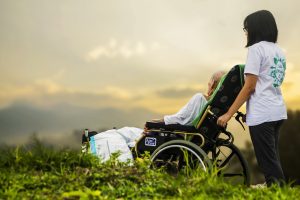
There is no more full control of life, nomore simple decisions, no more quick and basic running out of your house to get something from the local shop or café. Or can there be at least some modicum of the old life?
Working out the very best procedure to achieve that for each older person is dependent on the skill and knowledge of those who manage and control the everyday running of an aged care organisation, home or business. It is based upon their sincerity, their understanding, their recognition of paternalistic and infantilisation practices. But it is also their capability in managing a community– one where the many stakeholders all need to be heard and accommodated.
We will always need to qualify and validate the use of public funds, and be accountable for providing thoughtful, considered and appropriate care as professional healthcare providers. But how do aged care providers achieve these results intelligently and with complete disclosure readily available to them so they understand where to focus their attention, where to focus their efforts?
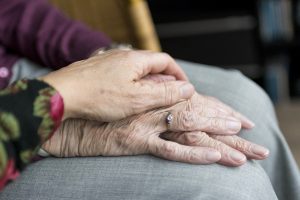
They have to have the information provided to them, in an easy to get manner, provided in a summary and detailed format, readily available with predictive, informative and quality data.
Task orientation, focussing on what staff do and focussing on recording what they do, without identifying what staff know or think, how they interact with residents and how frequently, or what resident outcomes are focussed on misses the point. Aged care management will always need to concentrate on regulatory requirements, funding, health and safety. However, how do you determine what a resident actually wants and needs?
The nurses, carers and staff who work day in and out in the buildings we call aged care facilities, who talk to, support with and for those in their care know best when they get the information efficiently. Directly from the person, or from those who know them, or knew them best.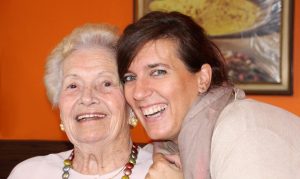
Technology, Apps that residents or their loved ones can use that tell staff what they want regarding everything– their medical, clinical, functional, dietary, sleep,. continence, emotional, physical, spiritual and even sexual needs– are critical in this day and age.
I, like a lot of us in the community, supported and cared for my older parents, with another person assisting 4 mornings a week, taking them away from their aged care facility for three months during lockdown in Victoria. How did I find out what they really wanted me and my support person to do for and with them?
I had to observe, listen, ask, experience and do thework to know what their needs and preferences were. Sometimes their body just didn’t do or respond as predicted. Some days they changed their mind, wanted or decided to do something different. But they wanted some routines strictly carried out the same every day– the very same breakfast and shower regimen, the very same meal requirements and the same settling and waking routine.
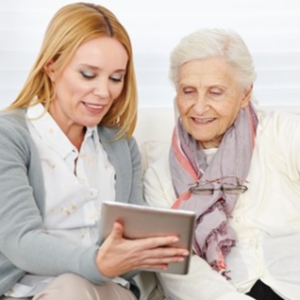 They were different from each other, different from others but assessing their needs used the very same skill, forms and procedure. I just used technology, that was all that was different– to record what was needed, remind me what was needed, and to communicate to others what was needed.
They were different from each other, different from others but assessing their needs used the very same skill, forms and procedure. I just used technology, that was all that was different– to record what was needed, remind me what was needed, and to communicate to others what was needed.
Caring isn’t brain surgery, but needs you to be vigilant — to know every wish and need, watch out for cues for change, and to know what you need to know. Aged care is not just about the Standards, knowing resident or public demands, knowledge your legal responsibilities when supporting people in your care. It is about gaining wisdom which is a function of time and age yes, sometimes, but is also a function of education, reading, listening and using good tools. Education is key– ensure what you use educates as well as supports you and your staff.
Spend More Time Caring and Less Time Documenting
The Leecare Platinum5 Care Management Suite supports over 95,000 residents and more than 120,000 staff, across 5 countries every day.
Discover more about this intuitive and easy-to-use leading edge care management system so you can empower your staff and optimise resident care.
Call: +61 3 9339 6888 or Click below to schedule a demo.
